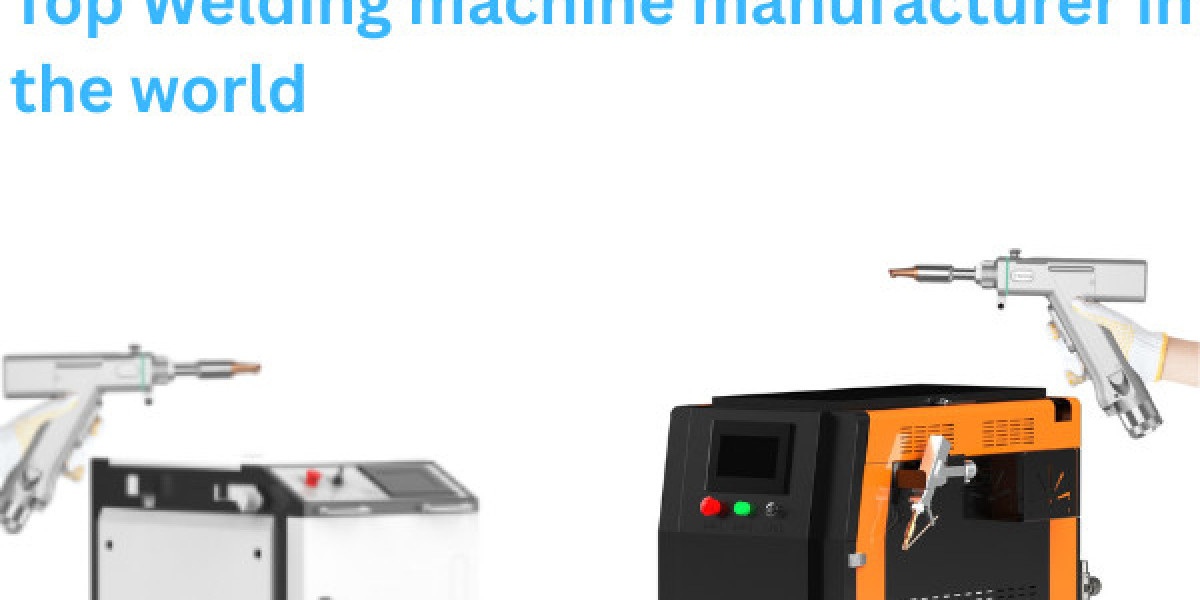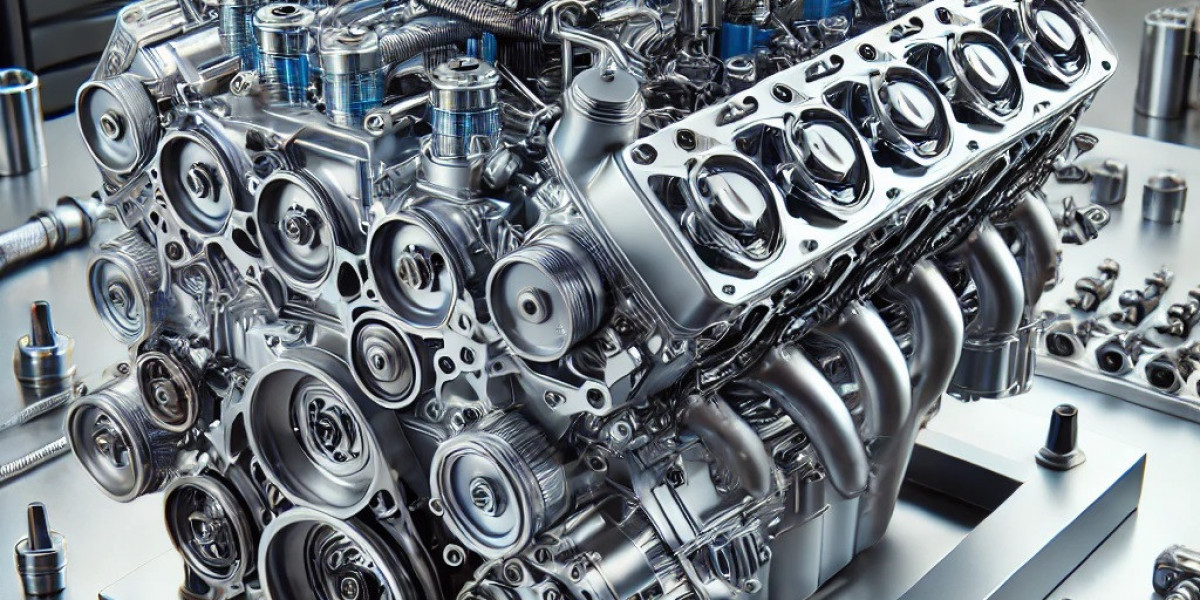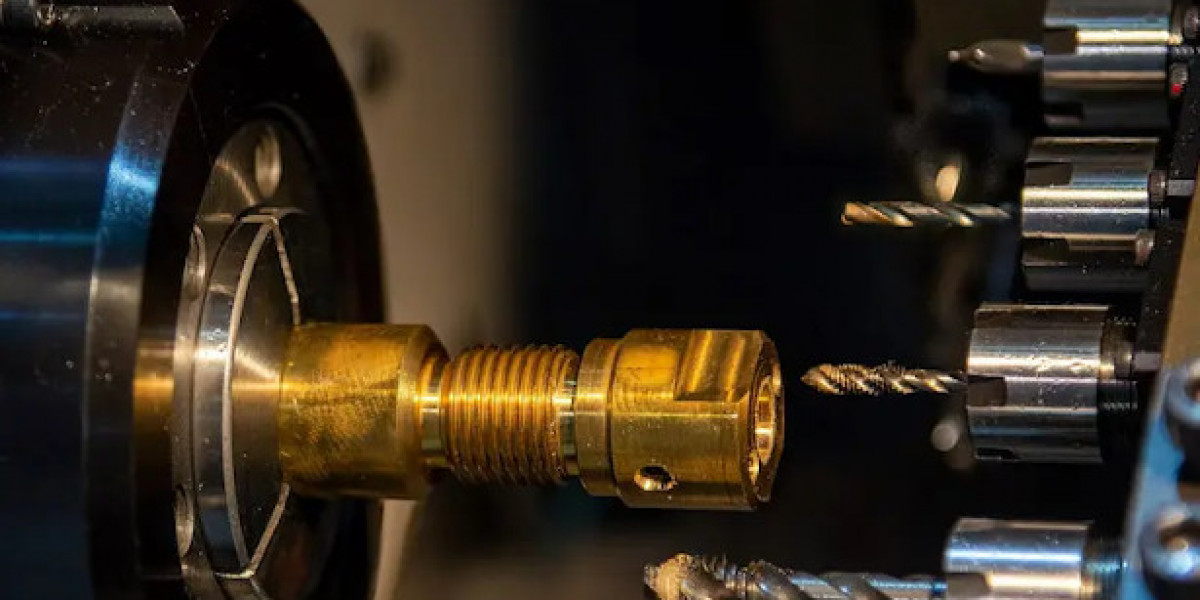Laser beam welding (LBW) is one of the most advanced metal joining methods used in modern manufacturing. Unlike traditional welding techniques, a laser beam welding machine focuses a concentrated laser light to melt and fuse materials with high precision. LaserChina, a trusted name in industrial laser technology, provides machines that are reliable, efficient, and suitable for a wide range of materials and applications.
How Laser Beam Welding Works
Laser beam welding uses a high-intensity laser beam as the heat source. The laser energy is directed through a focusing lens to a small point, creating an extremely hot and narrow weld zone. This process melts the material edges, which fuse together upon cooling, forming a strong and clean joint.
Step-by-step process:
Focusing the beam: The laser is directed onto the weld area using optical lenses.
Melting the material: The concentrated heat melts the base material and filler (if used).
Fusion and cooling: The molten pool cools rapidly, forming a smooth and strong weld joint.
Laser welding can be performed in continuous wave or pulsed mode, depending on material thickness and precision needs.
Key Specifications of a Laser Beam Welding Machine
While specifications vary by model, LaserChina’s machines generally include:
Laser Type: Fiber or CO₂ laser source
Power Range: 1000W – 6000W depending on thickness and application
Welding Speed: Up to 10 m/min (depends on material)
Beam Diameter: Adjustable, typically 0.2mm – 2mm
Cooling System: Water-cooled for continuous operation
Control Interface: Touchscreen panel with automated settings
Material Compatibility: Stainless steel, carbon steel, aluminum, copper, brass, and titanium
These technical features make laser beam welding machines ideal for industries such as automotive, aerospace, electronics, jewelry, and medical devices.
Advantages of Laser Beam Welding
Laser beam welding offers multiple benefits that make it superior to traditional techniques:
High Precision: Minimal heat-affected zone ensures neat welds.
Speed and Efficiency: Faster than TIG or MIG welding with consistent results.
Deep Penetration: Effective for both thin and thick materials.
Low Distortion: Concentrated heat reduces warping and stress.
Automation Friendly: Easily integrated into robotic systems for mass production.
Minimal Finishing Needed: Smooth welds reduce post-processing time.
These advantages allow manufacturers to achieve high productivity, lower costs, and excellent product quality.
Laser Beam Welding vs Traditional Welding
| Feature | Laser Beam Welding | Traditional Welding |
|---|---|---|
| Heat Input | Low (focused beam) | High (wide area) |
| Precision | Very High | Moderate |
| Speed | Faster | Slower |
| Distortion | Minimal | High |
| Automation | Fully compatible | Limited |
| Maintenance | Low | Moderate |
Laser beam welding stands out as the modern solution for precision manufacturing and high-speed production.
How to Choose and Buy the Right Machine
When selecting a laser beam welding machine, consider:
Material Type: Ensure the machine supports your specific metals or alloys.
Power Output: Higher power for thicker materials; lower for precision work.
Application Needs: Choose between handheld, automated, or robotic systems.
Ease of Operation: Look for user-friendly interfaces and software.
After-Sales Support: Reliable technical support and spare parts availability.
LaserChina offers consultation and customization options to help you select the right machine for your production needs.
Conclusion
A laser beam welding machine is a game-changer in modern fabrication. It combines speed, accuracy, and flexibility — ideal for industries seeking quality and efficiency. With advanced engineering and innovation, LaserChina continues to lead in delivering high-performance laser systems that empower businesses to achieve next-level welding precision.








